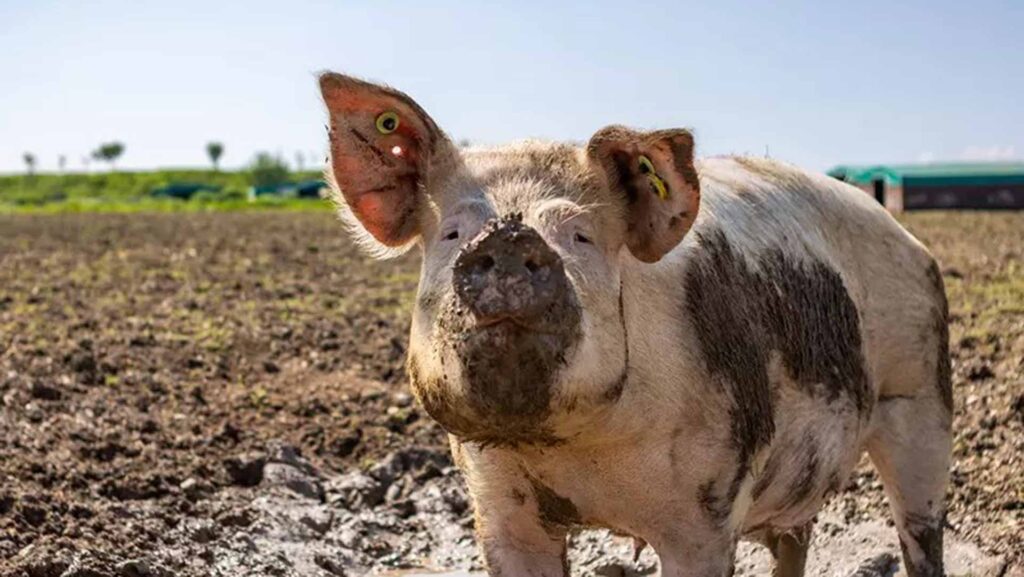Hot weather precautions for animals need to be considered, the RSPCA warn, as the next few days are predicted to bring some of the highest temperatures of the summer.
Emilie Wix, head of RSPCA Assured’s new farming engagement team, recommends taking steps to keep animals cool in the following days.
“Knowing how to spot the signs of heat stress and how to prevent it is essential for the welfare of farmed animals,” she said.
See also: Call for party leaders to protect UK food security
It is essential to make sure housed animals have air flow and good ventilation. This can be done by bringing in additional fans to keep air circulating.
Outdoor pigs should ideally have artificial or natural wallows so they can lose heat through evaporation. This also allow pigs to cover themselves in mud for natural sun protection.
Farmers should give animals plenty more shade and fresh water provision, so there are no issues accessing a drink. Adding extra water troughs can reduce competition for water sources.
The warm temperatures also mean sheep may be at high risk of blowfly strike. Farmers should remain vigilant and take appropriate precautions.
In high temperatures, cooling cattle down with water while they are waiting to be milked may be helpful to stop them experiencing heat stress.
The transportation of animals in hot weather should be avoided unless this is absolutely necessary as it imposes additional stress on animals.
Where possible, this should be done during the coolest part of the day – night time is ideal. Herding should also be done in the cooler hours of the day.
If they must be done in the heat, frequent checking for heat stress is needed. It may be helpful to cool indoor animals down by misting the air to lower the temperature.
“If an animal appears to be suffering from heat stress and you are unsure what to do, you should seek immediate advice from your vet,” Emilie said.
Find out more about RSPCA Assured and the RSPCA welfare standards online.




